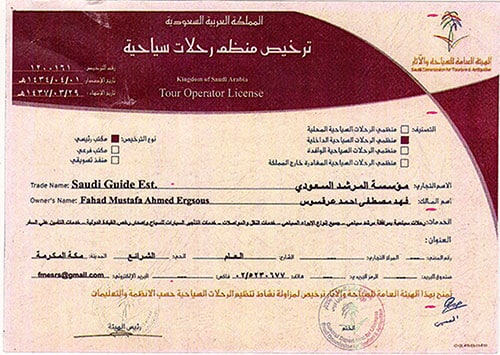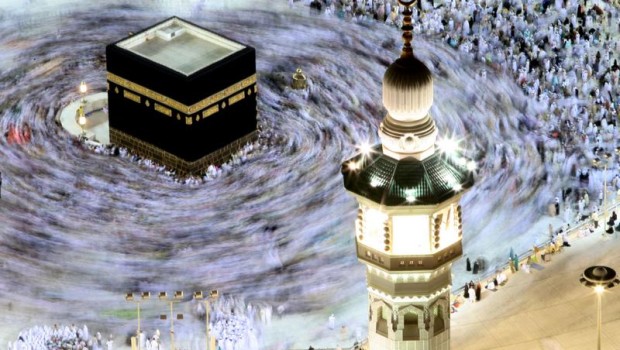There are five pillars or basic principles of Islam and Hajj is the fifth pillar…
The obligatory duties of Umrah
Performing Umrah once in life is a binding on every Muslim man and woman provided that he or she fulfils the requirements of the travel and other issues related to traveling, health, mahram and others. Many people prefer to perform Umrah before they go for Hajj and this act is liked in Islam. Umrah is a Sunnah and the Holy Prophet (peace be upon him) appreciated performing Umrah.
It is a compulsory condition to assume the condition of Ihram from the Miqat. Once a pilgrim is in the state of Ihram he cannot cut or shave his hair, hunt the animals, use scents or cosmetics, fight, and wear stitched clothes or shoes. However, women wear stitched garments, they can wear any clothes which cover her body properly but she should not cover her face. She can wear her jewellery too but using any make up, cosmetics or perfume is strictly forbidden.
Wearing same dress during such a large gathering of Muslims, is a message of discipline and unity of the Muslims, therefore it is obligatory to show discipline and follow the rules during the state of Ihram. These rules and prohibitions are same for poor and rich, white or black, tall or short. Every Muslim intending to perform Umrah or Hajj must obey them if they want their worship to be acceptable in front of Allah.
Ihram has to be maintained throughout performing Umrah. If at any stage, the pilgrim commits any act prohibited during Ihram, he must offer fidyah for that. However, if a pilgrim falls seriously sick and cannot further continue, he can terminate the state of Ihram.
After performing Tawaf and Sa’ee, the pilgrims terminate the state of Ihram if they have the intention of performing Umrah only. They must wear other clothes, cut or trim their nails, shave their heads and continue with their normal routine. This is to ensure that he is no more in the state of Ihram and can now go back to his life after performing his obligation.
Hajj and Umrah can be performed on behalf of someone else, living or dead. People sometimes perform this obligation on behalf of their old, sick or deceased parents, siblings, spouse or any other relation. Sometimes small children, who are not adult yet, are also taken to Makkah to perform Hajj and Umrah. There is no sin in it, but it does not exempt them from performing it after they attain adulthood.
The sole purpose of Hajj and Umrah should be to cleanse the heart and become better persons and not to show wealth or status. If some people perform Umrah or Hajj repeatedly to show off their wealth or piousness, this is an act of pride and snobbishness. Such act will be a waste of resources and a means to show off but it does not guarantee its acceptance before Allah Almighty. Allah knows what is in the depths of hearts and minds of His slaves. He rewards them on the basis of purity of actions, intentions and piousness.



















